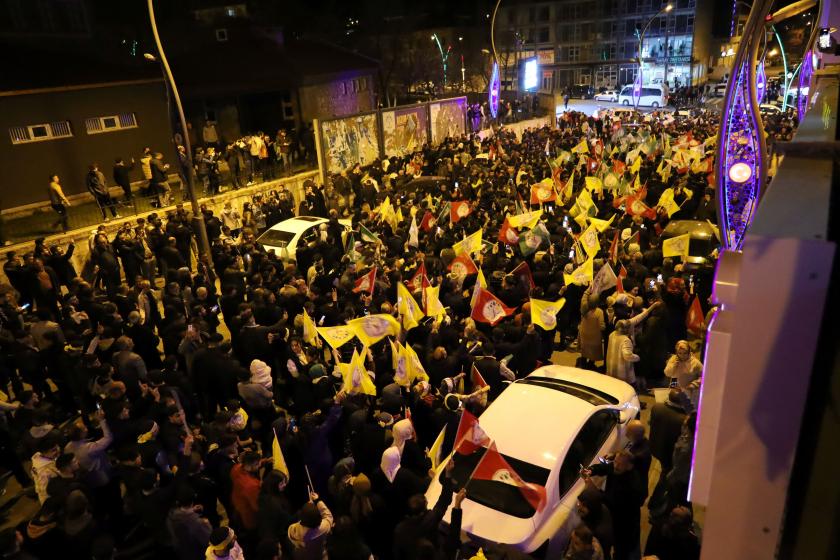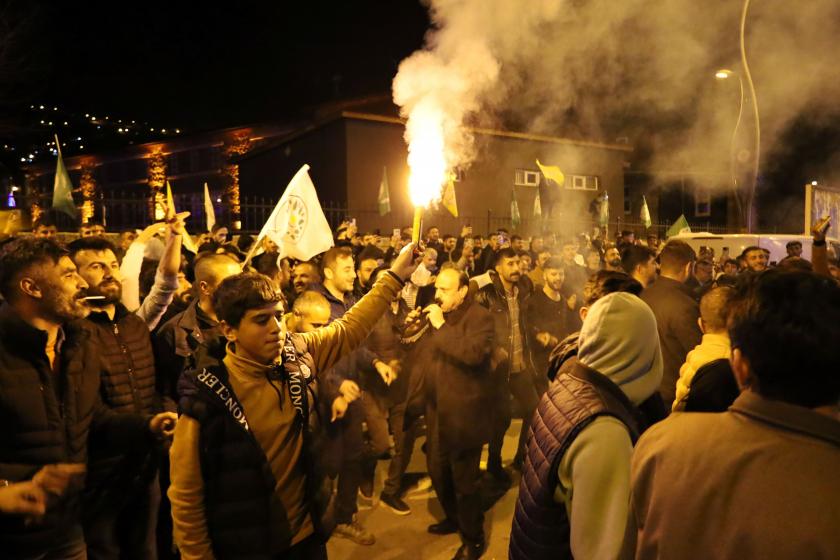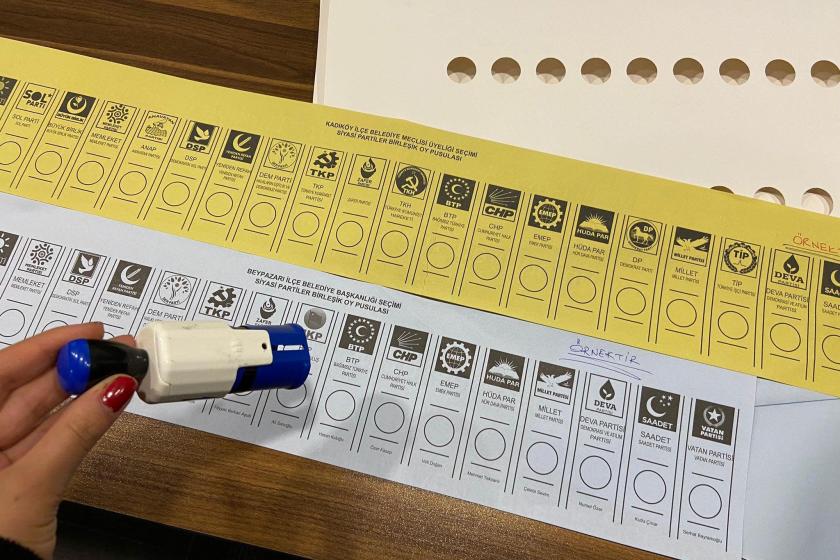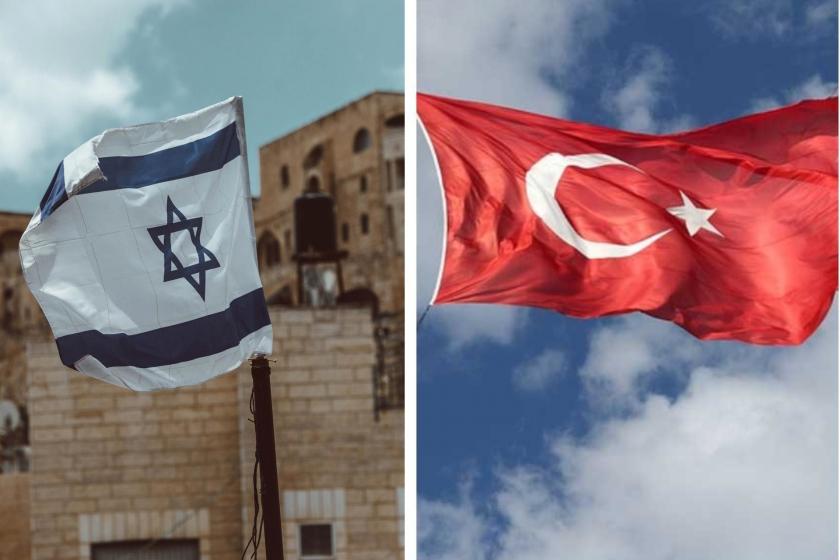It is well known that the European media has been likening Putin and Erdoğan who have been ‘one man’ ruling their countries to ‘a tsar and a sultan’. Such characterisation by the Western media lays bare the discontent felt towards the policies implemented by Putin and Erdoğan. But there is a respect in which those drawing this semblance are not unfair, which is that Erdoğan has been espousing Putin even more whenever he feels cornered against the western imperialists. Hence, Erdoğan’s current state extremely resembles the state of Ottoman Sultans (Mahmut II and Abdülaziz) who took refuge in the Tsar.
The steps taken by the Erdoğan administration in the region (Middle East) over the recent years, with especially the military operations in Syria, has taken place by and large with the Russian ‘approval’ and have strengthened Russia hands. And the last of these steps to strengthen Russia’s has been the ceasefire declared in Libya after the Erdoğan-Putin meeting on 8 January.
During the Erdoğan-Putin meeting, a decision was taken for the declaration of simultaneous ceasefires in both Libya as well as in Idlib where the Syrian army had undertaken an operation to come into effect from 12 January.
Let’s start first from Libya.
Russia is supporting the Tobruk based Khalifa Haftar forces in Libya and through the Wagner company, Russian mercenaries are fighting within Haftar’s ranks which controls a large section of the country. As for Turkey, it is known that it supports the Tripoli based Government of National Accord (GNA), with a pair of treaties agreed between Erdoğan and al-Sarraj, the GNA leader, titled ‘Maritime Jurisdiction Boundary Delimitation’ and ‘Military Security and Cooperation’ and in the aftermath of this, a memorandum for Turkey’s deployment of soldiers to Libya was accepted in the Grand Assembly with AKP and MHP votes. Haftar’s forces had, last week, captured Sirte which was controlled by GNA and had gotten a step closer to sieging Tripoli.
And now the Erdoğan administration is regarding this ceasefire which has come into force at a time when the GNA it supports as a diplomatic success. But the realities tell more than what meets the eyes.
At the time of writing this article, it was expected for al-Sarraj and Haftar to meet and sign the ceasefire treaty in Moscow. The fact that both the sides are meeting in Moscow should be taken as a message given by Russia that the initiative in the Libyan question is in their hands.
With its move to enable a ceasefire in Libya, Russia is killing more than a bird with a single stone. Especially in the run up to talks expected to take place in Berlin at the end of the month in order to resolve the Libyan question, Russia had effectively registered its influence over Khalifa Haftar who is in a strong position within the Libyan war. And secondly, Russia seems also to have captured an important trump card to be used to undermine the attempts by the forces opposed to it, mainly the US and France, by cooperating with Erdoğan also in Libya after Syria. However, on the other hand, it has also tied the status and future of Erdoğan administration and the forces it supports in Libya to its own policies to a large degree.
As such, although it may be the case that the administration in Turkey is of the view that its hands have strengthened with the ceasefire declared, in actual fact, the one whose gaining strength is Russia which does not consider supporting the opposing forces in Libya as in Syria as an obstacle to cooperate with the administration in Turkey. For this ceasefire is gaining significance as an important move by Russia to strengthen its position against the forces it is struggling against for the domination of Eastern Mediterranean.
What of the ceasefire in Idlib?
Although this ceasefire will enable the jihadist groups Turkey supports to take a bit of a respite, here also the winner is none other than Russia.
Yes, the Idlib [military] operation conducted by the Syrian army with the support of Russian forces was both threatening Turkey’s military presence here as well as cornering the jihadist groups it supports even further. But the following should not be overlooked: despite this ceasefire which provides a temporary respite to the Erdoğan administration and the jihadists it supports, there is no change in Russia’s approach with regards Idlib. Russia retains its view that the promises made by the Turkish administration to disarm and dissolve jihadist gangs in the ‘Idlib Accord’ have not been kept and thus, it is reserving the right to continue with the military operation concerning Idlib from where it was left.
Posing for a photo with Asad in the Umayyad Mosque in Damascus last week, Putin was in fact declaring the victor of the war. In such a tableau, it is an uncontested reality that the declaration of a ceasefire which will serve to facilitate the Idlib military operation to hang as a sword of Damocles over Turkey will strengthen Russia’s hands.
The short of it is that the expansionist policy of Erdoğan administration, so-called ‘new Ottomanism’ and purporting to be the inheritor of the Ottomans, at a time of experiencing tensions with the US and western imperialists, is only serving to condemn the power in the country to another imperialist force, Russia. The point to which this policy has brought Erdoğan administration, seemingly inspired by the magnificent periods of the Ottomans, reminds the Ottoman Sultans of the decline era who used to appeal to the Tsar for help against western forces.
 Yusuf Karadaş
Yusuf Karadaş

 Bülent Falakaoğlu
Bülent Falakaoğlu
 Hakkı Özdal
Hakkı Özdal
